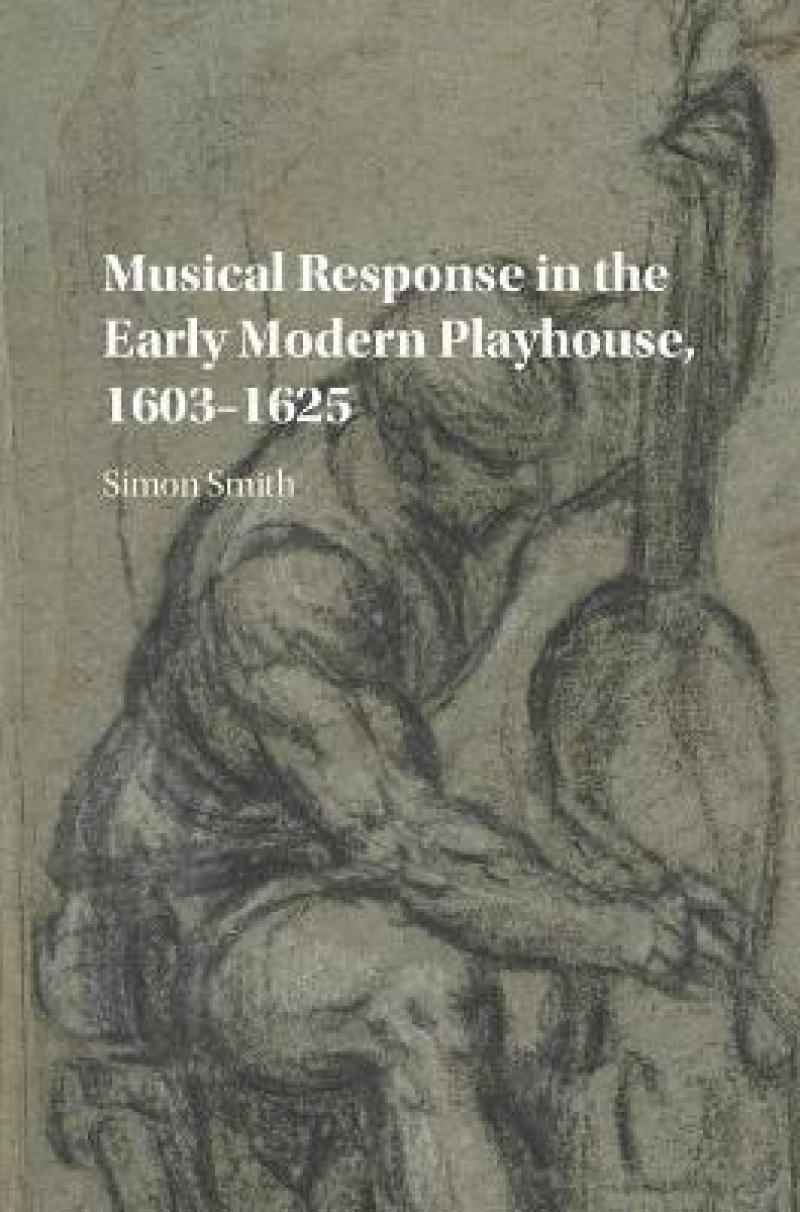'With his announced focus on 'response' Smith makes a genuinely fresh and provocative contribution to the study of early modern theatre in England and, I would argue, to sound studies and musicology. This is the perfect moment for Smith's book to be published. It will find readers among younger, boundary-changing scholars in sound-based disciplines as well as among students of Shakespeare and early modern drama.' Bruce Smith, University of Southern California
'Music will no longer be conceived as somehow a pleasant interlude within a play's dramatic action. Simon's rich examination has much to say about the way we attempt to understand the period's performance and theatre. … It is fitting that a study about music in plays attains such a happy concord of substance and style.' Tom Healy, University of Sussex
'Simon Smith has written an elegantly structured book, drawing its examples from a wide range of theatrical and musical sources. There are already several books on music in Renaissance drama, but he has found what I think is a new approach in his analysis of how music was thought of, in both theoretical and popular terms, and how audiences, offstage and on, respond to it.' Lois Potter, University of Delaware
'This book is highly original in several ways … [it] will be an essential reference for further work on music within early modern drama and for future accounts of musical affect in the period. It will also be essential reading for those working in interdisciplinary literature and music studies or the wider field of sound studies, both of them currently expanding fields of scholarship.' University English Book Prize Report
